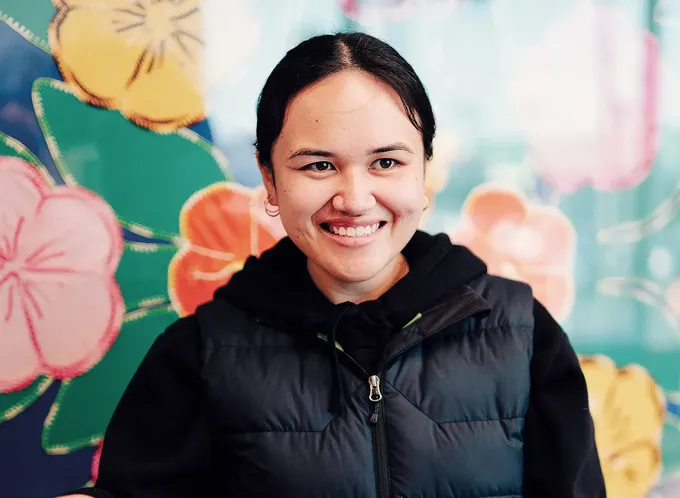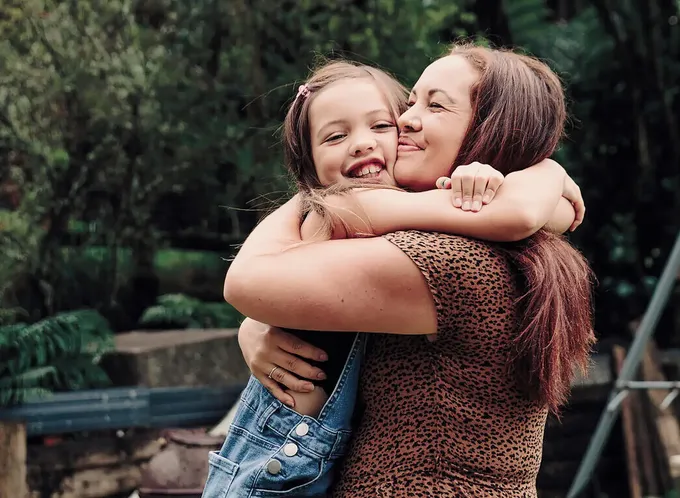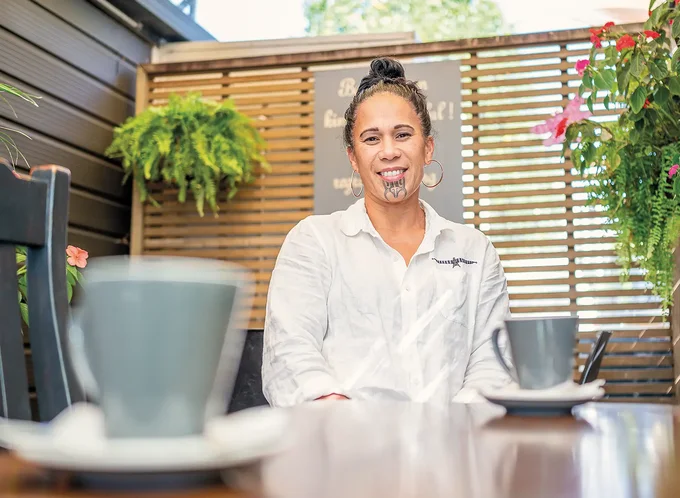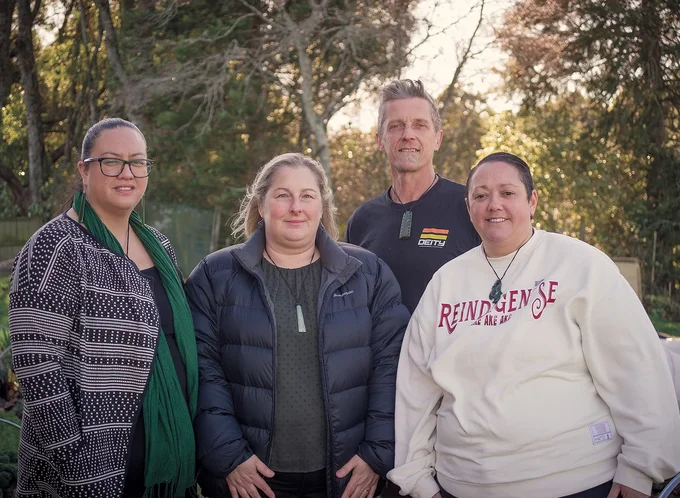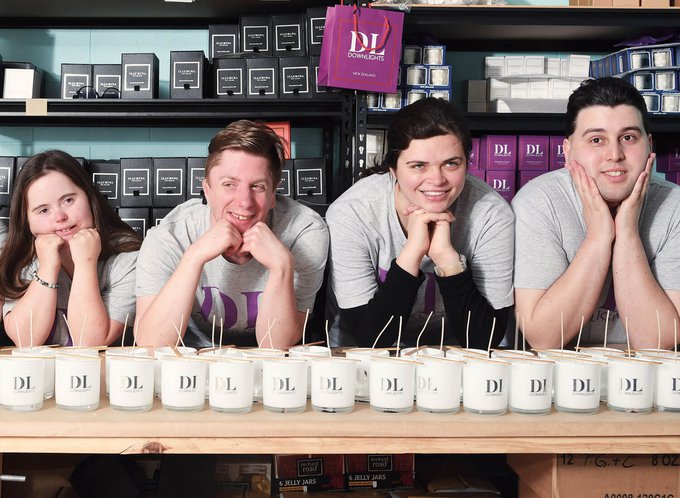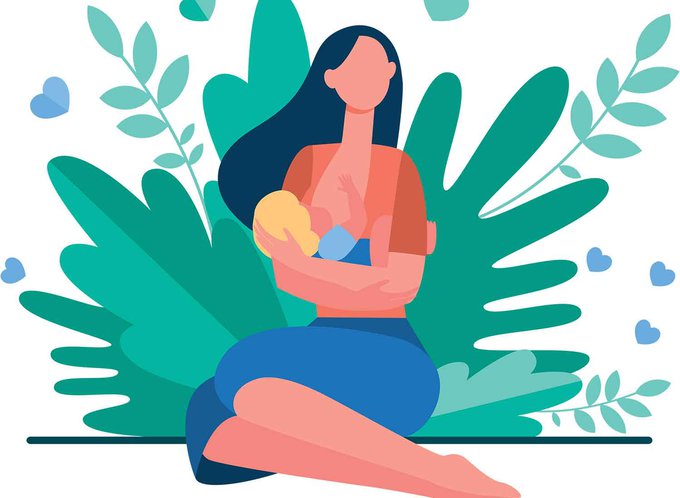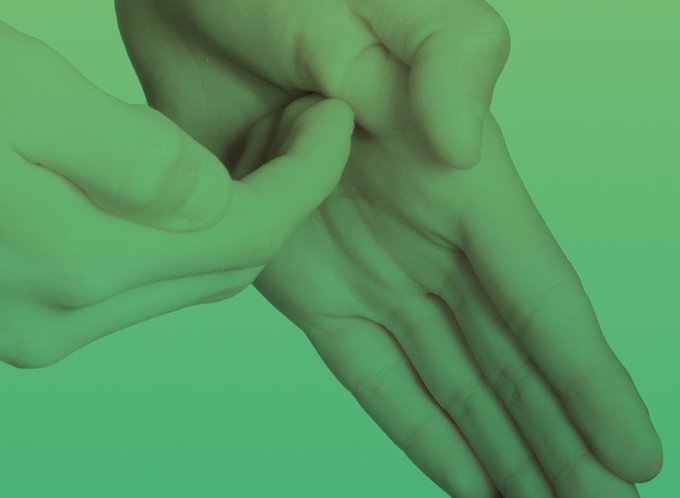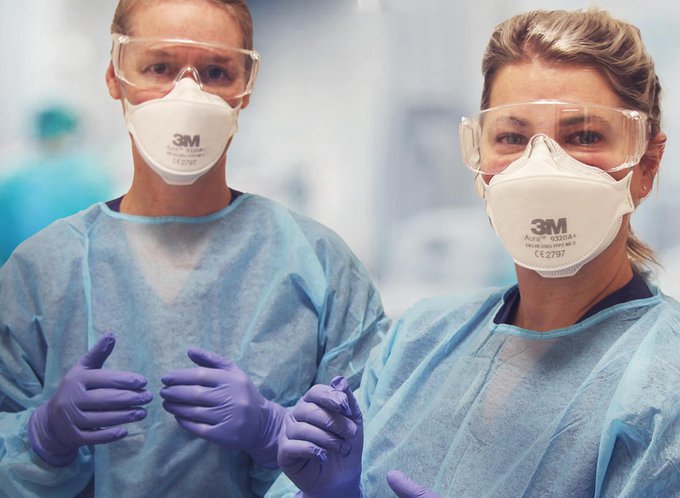As MAS Foundation reaches its 5-year anniversary in December, Foundation Chair Jenny Gill says it is well on its way to becoming an agent of positive social change.
Right from the start, MAS Foundation wanted to do things differently. A small but mighty group with innovation at its heart, it has now supported 70 organisations that are making a meaningful impact in communities throughout Aotearoa New Zealand.
MAS Foundation Chair Jenny Gill says, the Foundation has established itself as a powerful force for good in 5 years, with improving health and wellbeing equity central to all it does.
As of September 2024, MAS Foundation had approved 79 grants, committing a total of $7.2 million to a diverse range of community organisations.
It might be an impressive amount of money, but Jenny says the way it’s being distributed is even more significant. With a focus on forging meaningful long-term partnerships and a more holistic way of helping communities, MAS Foundation has used being small and new as a strategic advantage.
“We’re a small organisation with only 3 part-time staff, so we have to be nimble, and because we’re new, we have been able to start with a blank sheet of paper, to do things differently from other foundations.
“Right from day one, we wanted to be innovative. Right from day one, we’ve wanted to be responsive. We’ve wanted to listen to the community, to hear about the issues they’re facing, to help them think about solutions."
"We said we don’t want 1,000 applications a year asking us for $5,000, because we knew that wasn’t going to help us make a difference.”
Thinking like social entrepreneurs
Jenny says philanthropy has a major role to play in Aotearoa New Zealand, and it goes far beyond giving grants.
“When philanthropy is done well, it can provide the venture capital of social change. Charitable foundations can fund innovation they take risks that a government can never take.”
Jenny, who was made an Officer of the New Zealand Order of Merit for services to philanthropy after a 40-year career in the sector, says the hospice movement and Kōhanga Reo are 2 great examples of important social institutions that got their start in the 1980s through philanthropic support.
“There was no government funding in the hospice movement at the beginning. There was no government funding in Kōhanga Reo at the beginning. They’re typical ideas that come up out of the community, that the community says we need as a community. But to get going and to prove their worth, they almost always need philanthropic money at the beginning,” she says.
Behaving like a venture capitalist for social change has inspired MAS Foundation from the beginning to think with an entrepreneurial mindset. It’s resulted in a strong focus on one area of change – improving health and wellbeing equity in communities. It has also meant searching out and funding highly competent and innovative community-led organisations that have the potential to become self-sustaining in the long term.
“There have been some basic principles we’ve operated on right from the beginning. We support organisations that are rooted in their community and that are expert. It’s important to us that they’re not ‘doing to’, they’re ‘doing with’. If an organisation loses government funding, we aren’t going to fill that gap. We’ve made a decision that we can’t provide ongoing salary costs, and we won’t be supporting any bricks and mortar projects,” she says.
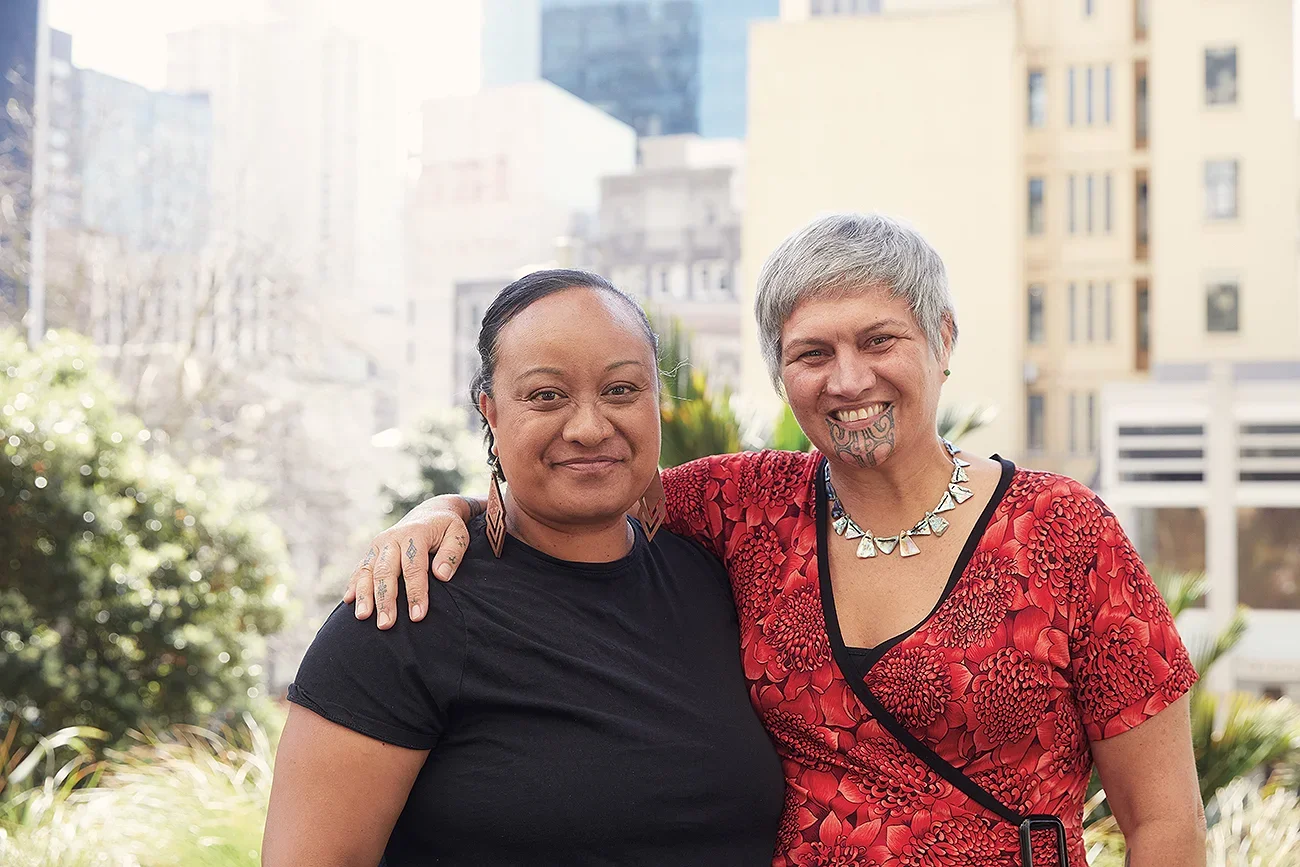
Roimata Taniwha Pao‘o (left) and Huia Hanlen of Brainwave Trust
An innovative leadership structure
Jenny credits much of MAS Foundation’s success to an executive structure that has 2 “extraordinary wāhine” leading the day-to-day functions of the Foundation in partnership. The dual leadership model reflects the principles of Te Tiriti o Waitangi, with a leader to represent both tangata whenua – Dr Julie Wharewera-Mika (Ngāti Awa; Ngāi Tūhoe; Te Whānau-a-Apanui) – and tangata Tiriti – Mafi Funaki Tahifote who is Tongan (Tongoleleka, Ha’apai, Kolofo’ou, Ma’ufanga, Tofoa – Tongatapu).
Both Heads of Foundation split their time working on MAS Foundation business with other professional roles within the health sector – Julie as a clinical psychologist and Mafi as a dietitian. Jenny says their combined professional and cultural competence makes them a formidable team.
“Much of the work we do is with Māori and Pasifika communities. We’re more effective because we’re led by 2 highly accomplished health professionals with huge networks, exceptional language skills and deep personal experience of working on the problems we’re trying to solve. On top of that, they have a fantastic working partnership. I think we’ll see more organisations moving to a dual leadership model in the future.”
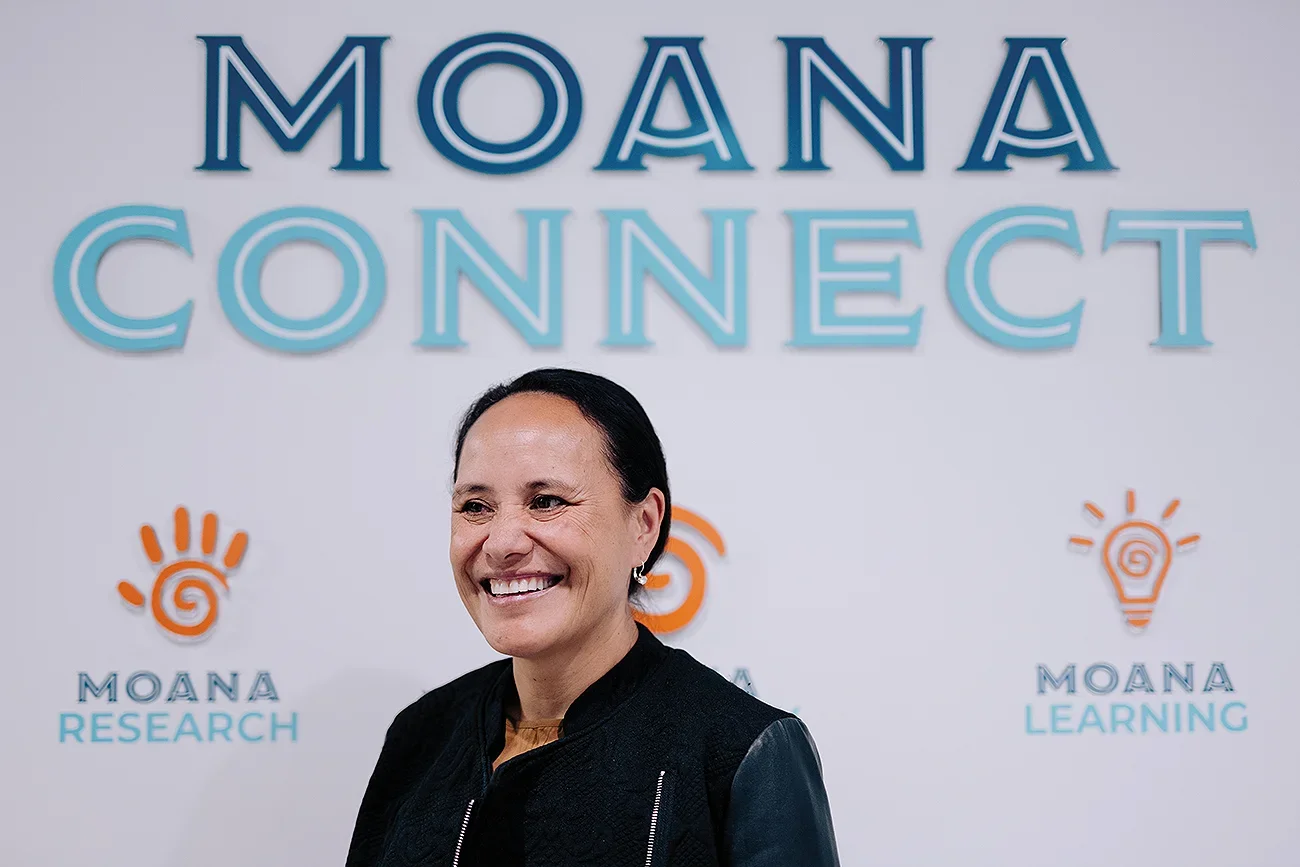
Mary Roberts of Moana Connect, a Pacific-focused research organisation supported by MAS Foundation. Photo: David St George
What is health and wellbeing equity?
Both Heads of Foundation are passionate about finding ways to improve health and wellbeing inequities that disproportionately impact specific communities around the country, particularly Māori and Pasifika. Mafi says ethnicity is one of many factors that should not impact health and wellbeing outcomes.
“Equity is about reaching the same health and wellbeing outcomes regardless of the inputs you put in, regardless of your circumstance, regardless of your ability around education, literacy or income,”
she says.
Julie says MAS Foundation’s approach is to flip the traditional power dynamic of philanthropy to a genuine model of partnership with the organisations they support. That extends to the language used to refer to their partners.
“We’ve embraced the kupu [words] ‘ringa raupā’– the ones with calloused hands. That recognises that the hard mahi is done by our communities and we are there to provide support in the background whether that be via pūtea [financial] funding or non-financial support,” she says.
For MAS Foundation, partnership means developing working relationships with their ringa raupā that extends far beyond a balance sheet. Often, they work to help ringa raupā strengthen their organisational capability so they can access greater levels of government funding.
“Not everything is about money. Sometimes we can just open up a door for them to connect with other people, so non-financial support is equally important. Sometimes it’s a lot more important,” says Mafi.
Aiming for intergenerational change
The Heads of Foundation are realistic about the amount of time it takes to create change in health and wellbeing outcomes. Julie says the timeframe for social change is long term, which means any changes that happen now will need to be maintained well beyond MAS Foundation involvement to have a lasting impact.
“We’re investing in something for future generations by building small changes – incremental changes within the system that will have a bigger impact further on and that will be supported by a collaborative, consistent effort along the way,” she says.
Mafi says the intergenerational view is central to their shared philosophy, and it’s the youngest members of our society that remind us what we’re working towards.
“We’ve got a massive system and we’re only a little pond relative to the massive ocean where we are trying to make change happen. So it’s a long-term journey. And it might not happen in our generation, it could be in our children’s generation or our mokopuna’s generation. The important thing is that we keep moving forward.”
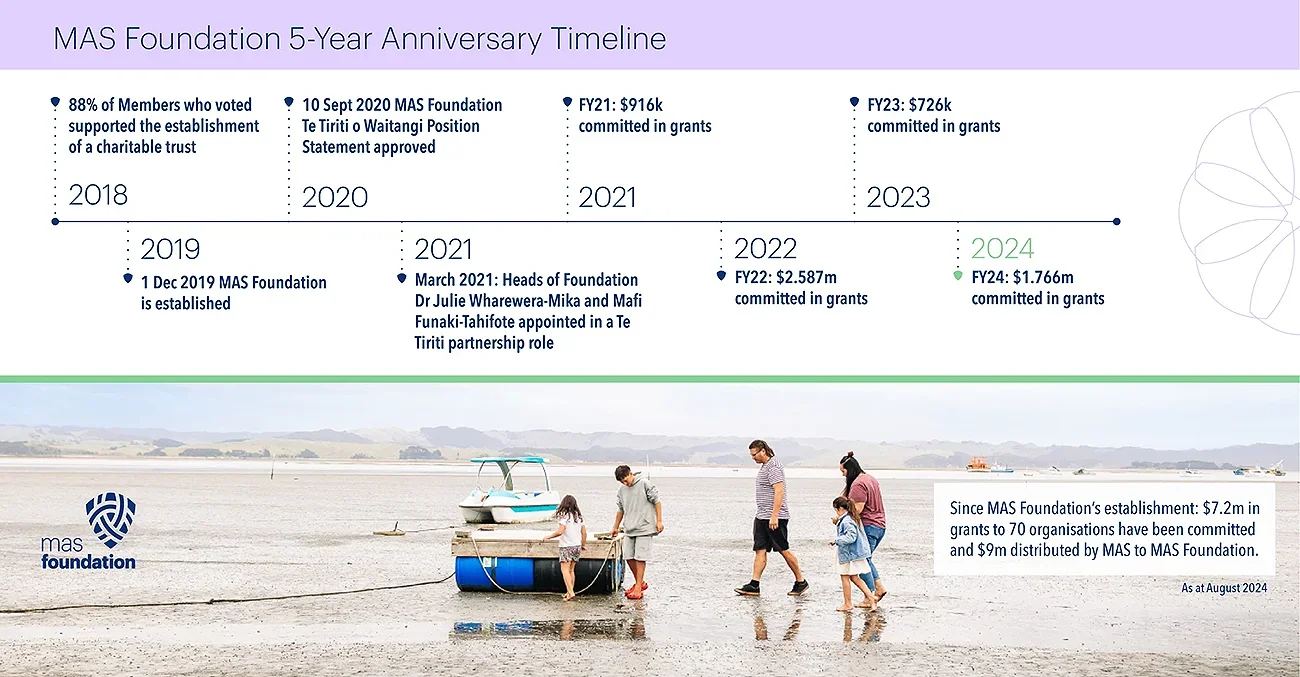
Some of the ringa raupā (doers) we have supported
Over the past 5 years MAS Foundation has supported 70 ringa raupā – organisations working in communities all around Aotearoa New Zealand to promote health and wellbeing equity. To find out more about who we support, visit our website at foundation.mas.co.nz.
- Te Manawahoukura/Te Wānanga o Aotearoa - $315,338 over 2 years
Funding for Āio Pīpī, a Māori/bilingual wellbeing pilot programme in Māori-medium school communities based on traditional practices and knowledge. This funding is part of MAS Foundation’s goal of nurturing a kaupapa Māori health workforce.
- Taku Mamia Trust - $272,000 over 2 years
Funding was for the Tākuta Tamaiti programme run by the Taku Mamia Trust from its base at Waipatu Marae in Hastings, which is aimed at enhancing the wellbeing of mothers and babies during and after pregnancy.
- Perinatal Anxiety and Depression Aotearoa - $484,000 over 2 years
Funding to train Māori and Pasifika educators with lived experience of maternal mental health issues and/or who have participated in hapūtanga wānanga to increase equitable outcomes for Māori whānau and Pasifika aiga/kāinga.
- Health Coalition Aotearoa - $720k over 6 years
To fund a Healthy Futures Fellow who produces investigative reports and promotes policy changes to support long-term preventive health measures, particularly around alcohol harm, unhealthy food marketing and child nutrition.
- Tongan Society South Canterbury - $203,500 over 2 years
Funding for a Youth Fale for Pasifika youth in Timaru and for a suite of family-centred initiatives run by the Society that enhance mental, physical, social, and spiritual wellbeing.
- Katoa Limited and Wairoa te Ohonga Charitable Trust - $526,000 over 4 years
Funding for programmes to enhance the wellbeing of at-risk rangatahi in Wairoa through strengthening their cultural identity and to nurture resilience and leadership skills. Funding was extended following major flooding in Wairoa to help maintain the wellbeing of the community.
- Papatūānuku Charitable Trust - $236,000 over 2 years
This funding supports The Trust’s work with whānau that have been referred by police following family harm incidents. The programme MAS Foundation funded is pioneering a successful new family-centred approach to healing families that have experienced violence and other trauma.
- Rongopai House Community Trust - $235,000 over 2 years
Funding for the Trust’s Feed My Lambs programme, which provides support to parents of young children in the Far North, teaches parenting skills and provides connection to other parents.
- Brainwave Trust Aotearoa -$350,000 over 2 years
This funding helped develop programmes aimed at helping Māori and Pasifika whānau build their parenting skills in culturally appropriate settings.
Know someone who might enjoy this?
Read this next
-
August 2023
Raising Pacific voices
-
November 2023
Old wisdom, new science
-
April 2024
Aroha for the reo
-
August 2024
The healing strength of whānau
Greater good
See all-
March 2021
Candles for a cause
-
March 2021
Helping Kiwi babies thrive
-
March 2021
Creating a Deaf-inclusive Aotearoa
